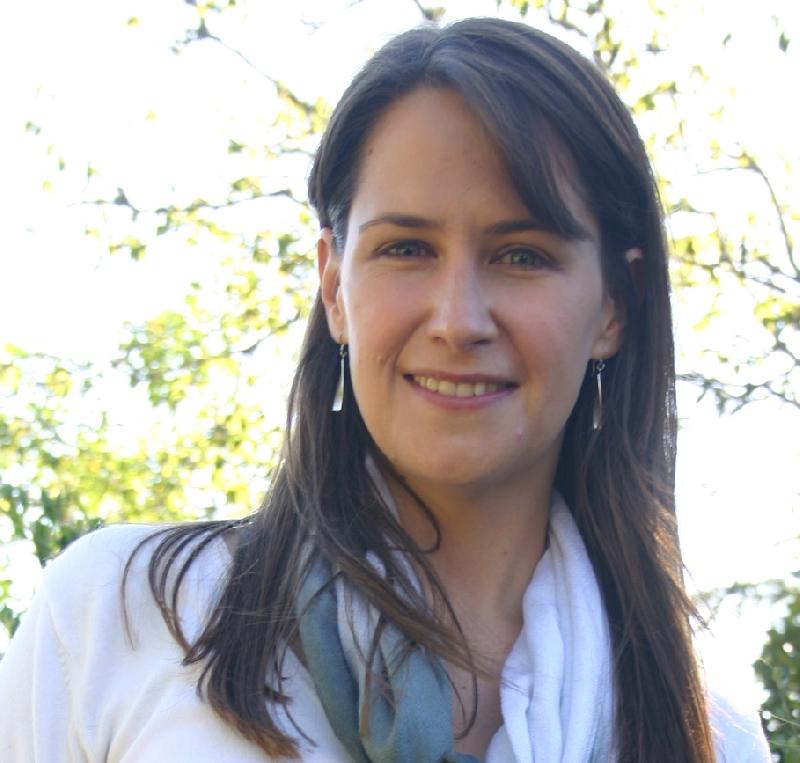
If you have noticed members of the Biomedical Biotechnology Research Unit (BioBRU) (at Rhodes University) looking decidedly upbeat and cheery recently, it is with good reason. The National Research Foundation (NRF) has acknowledged the importance and quality of their research outputs by awarding two substantial grants to researchers in the unit.
The first recipient was Dr Adrienne Edkins who was awarded a highly sought-after ‘Competitive Support for Unrated Researchers’ grant. According to the NRF, these grants are offered to support the work of researchers ‘who are in the process of establishing their careers and whose research is sustainable, of excellent quality and adds to relevant bodies of knowledge’. Dr Edkins’ work in the area of cancer stem cell research with a focus on drug discovery, certainly qualifies.
The incidence of cancer is on the rise globally and statistics indicate that one in four South Africans will develop cancer in their lifetime. According to the National Cancer registry, cancer of the breast was the most common cancer in South African women in 1999.
It is currently thought that even a single cancer stem cell (a stem cell which has undergone mutations) can give rise to certain cancers, including breast cancer. However, while the available chemotherapies target and destroy cancer cells they do not kill cancer stem cells. These stem cells are thought to then cause recurrence of tumours and metastases.
In cancers where this is the case, it is clear that anticancer treatments can only be effective if the drugs target the stem cells that give rise to the cancer. The primary focus of Dr Edkins’ current research is to identify and characterise new chemotherapeutic agents from marine, indigenous plant and synthetic chemistry origins that are able to destroy both breast cancer cells and breast cancer stem cells.
Up until now, however, the research has been hampered by the difficulties associated with isolating cancer stem cells from other cancer cells to test the effects of compounds on this specific population of cells. Stem cells make up an extremely small percentage of any tumour and the available laboratory equipment and procedures have not been sensitive enough to detect the stem cells.
This brings us to the second reason for jubilation in BioBRU’s corridors. BioBRU has been successful in their bid for a grant from the NRF’s Research Infrastructure Support Programme (RISP) which provides funding for essential research equipment. The R4 million grant from the NRF, matched by R2 million from Rhodes University, will be used to buy a Fluorescent Activated Cell Sorter.
This will be the only machine of its type in the Eastern Cape and the only one in the country with its particular specifications. This will take Dr Edkins’ stem cell research ‘to the next level’, giving her capabilities that are usually reserved for first world universities.
The Fluorescent Activated Cell Sorter will allow researchers to identify and capture cancer stem cells and then carry out the highly specific tests that are required. It will also allow BioBRU researchers to embark on other projects including the investigation of metastatic cancer cells.
The machine has many additional functions which streamline processes and maximise data and will be used to support the work of researchers in botany, parasitology and other disciplines.
The combined effect of these two grants on the work of Dr Edkins and her colleagues at BioBRU will be significant. Dr Edkins explains, ‘This will put us in a position to leverage serious research funding, the kind of funding that allows researchers to dream big dreams, ask big questions and put long term research strategies in place’.
Pic: Dr Adrienne Edkins.
